
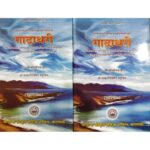
Nyayasutram of Maharshi Gautmaniyapranit
₹975.00 Original price was: ₹975.00.₹780.00Current price is: ₹780.00.pc
5 in stock (can be backordered)
“Nyayasutram of Maharshi Gautama” is a foundational text of the Nyaya school of Indian philosophy, authored by the sage Gautama, also known as Akshapada. The Nyaya Sutras lay down the principles of logic and epistemology, forming a crucial part of the six orthodox schools of Hindu philosophy.
Dr. Mahesh Jha’s work on the Nyayasutram provides a comprehensive Hindi commentary and interpretation, making the intricate philosophical concepts accessible to Hindi-speaking scholars and students. This work elaborates on Gautama’s sutras and integrates the ancient teachings with contemporary interpretations, preserving the text’s relevance and depth.
The Nyayasutram consists of five books, dealing with various topics such as the means of valid knowledge (pramana), the objects of valid knowledge (prameya), doubt (samsaya), purpose (prayojana), example (drishtanta), and the application of logical reasoning in debate and discussion. It emphasizes critical thinking and analytical skills, encouraging a rational approach to understanding the world.
Dr. Mahesh Jha’s commentary not only explains the original sutras but also incorporates insights from Vatsyayana’s Nyayabhasya and other traditional commentaries, providing a holistic understanding of the Nyaya philosophy【21†source】【22†source】.”Nyayasutram of Maharshi Gautama” is a foundational text of the Nyaya school of Indian philosophy, authored by the sage Gautama, also known as Akshapada. The Nyaya Sutras lay down the principles of logic and epistemology, forming a crucial part of the six orthodox schools of Hindu philosophy.
Dr. Mahesh Jha’s work on the Nyayasutram provides a comprehensive Hindi commentary and interpretation, making the intricate philosophical concepts accessible to Hindi-speaking scholars and students. This work elaborates on Gautama’s sutras and integrates the ancient teachings with contemporary interpretations, preserving the text’s relevance and depth.
The Nyayasutram consists of five books, dealing with various topics such as the means of valid knowledge (pramana), the objects of valid knowledge (prameya), doubt (samsaya), purpose (prayojana), example (drishtanta), and the application of logical reasoning in debate and discussion. It emphasizes critical thinking and analytical skills, encouraging a rational approach to understanding the world.
Dr. Mahesh Jha’s commentary not only explains the original sutras but also incorporates insights from Vatsyayana’s Nyayabhasya and other traditional commentaries, providing a holistic understanding of the Nyaya philosophy【21†source】【22†source】.
| Weight | 1 kg |
|---|---|
| Dimensions | 21 × 15 × 5 cm |
| Brand |
Chaukhamba sanskrit Series |
| Language |
Sanskrit Text with Hindi Translation |
| Publisher |
Chaukhamba Sanskrit Series |
| Author |
Dr. Mahesh. Jha |


Shipping & Delivery
For fast and confirmed delivery send your complete postal address because we use India Post for delivery. It takes may be one week to 12 days and if the Customer wants through courier it charges extra according weight and pincode and you should contact us on our given number.
Shipping
- For orders up to 1 kg: ₹99
- For every additional 500 grams (above 1 kg): ₹30
- Shipping is handled by India Post.


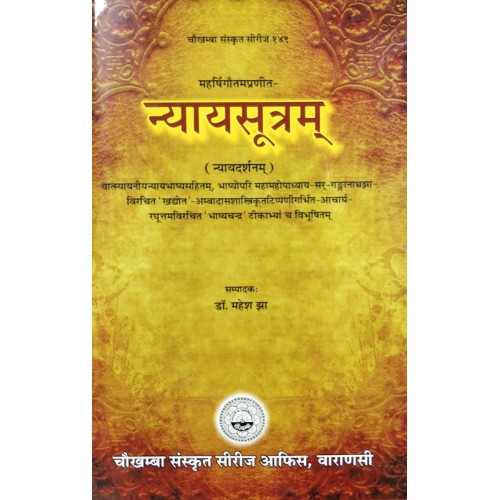





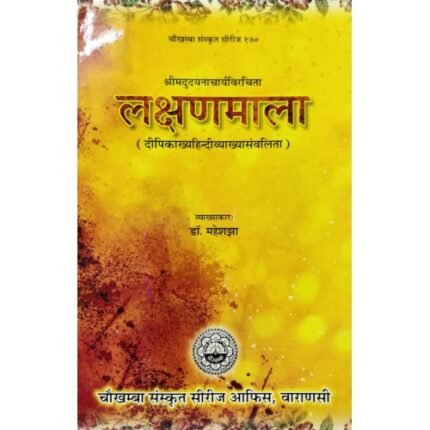





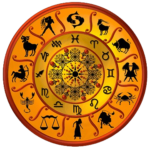


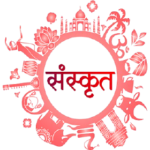



 Vastu shastra
Vastu shastra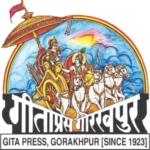 Geeta press
Geeta press
Reviews
Clear filtersThere are no reviews yet.